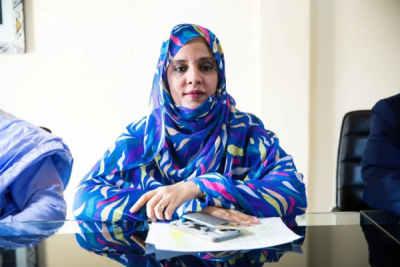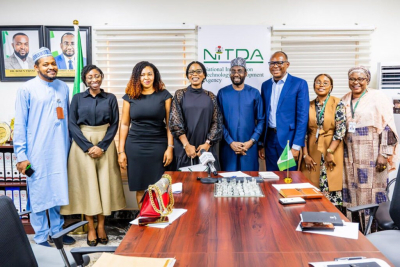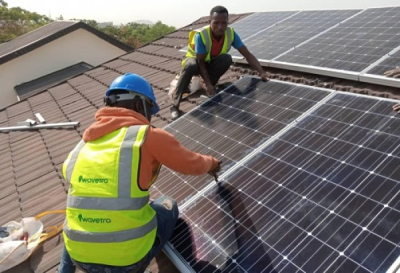During the tenure of Macky Sall, which commenced in 2012, the digital sector emerged as a crucial catalyst for the acceleration and socio-economic development of the country. His successor aims to exceed these accomplishments in the next five years.
Senegal’s newly elected President, Bassirou Diomaye Faye (photo), has outlined plans to accelerate the country’s digital transformation, a process initiated by his predecessor, Macky Sall. Faye, who was elected on Sunday, March 24, sees digital technology as a catalyst for Senegal’s development.
He announced plans to establish a National Fund for the Development of Research and Innovation (FNDRI) within five years. This fund, which will replace the existing Fund to Promote Scientific and Technical Research (FIRST), will finance startups and research and innovation (R&I) initiatives.
The new administration aims to create an incentivized and secure framework for digital entrepreneurship. The goal is to foster a high-performance national ecosystem that can meet the demand for digital products and services across various sectors of the national economy.
Faye also expressed concern about the impact of digitizing public services on the population. He announced plans for a digitized, high-performance public administration capable of meeting the challenges of the new economy. This includes building sovereign data centers, both public and private, with high-speed internet connectivity and lower hosting charges to consolidate state and local business data.
In the education sector, a national priority, the new President plans to reform the licensing system and establish a monitoring system for private higher education institutions. He also plans to support the development of the Cheikh Amidou Kane digital university, strengthen online course platforms in other public universities, and construct technological universities.
Recognizing that these projects depend on good internet connectivity, the new government plans to ensure internet access throughout Senegal. According to a second-quarter report by the Autorité de Régulation des Télécommunications et des Postes (ARTP), the current penetration rate of broadband internet (3G/4G) is 89.56%.
The primary goal of the investment package announced by the Head of State is to make Senegal a benchmark for digital transformation on the continent by 2029. The digital sector, thriving on constant technological innovation, is one of Senegal’s main drivers of development, contributing over 10% to GDP growth.
Samira Njoya



















